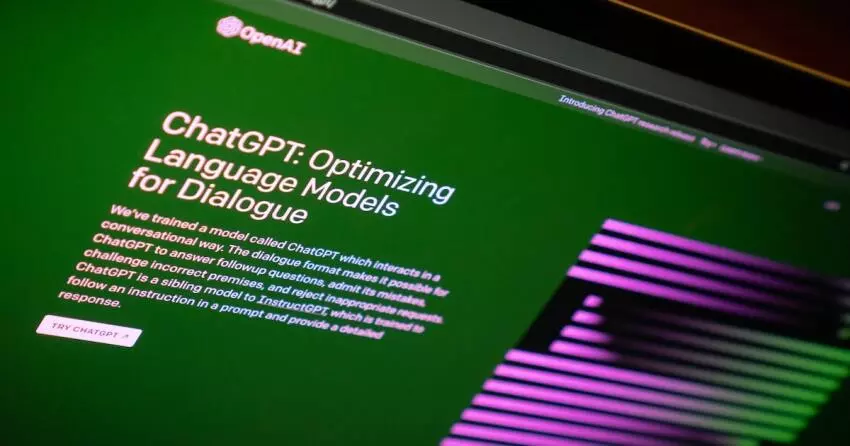
ChatGPT Bug Leaks Sensitive User Data
Earlier this week, a ChatGPT bug exposed sensitive user data, including conversation histories, email addresses, and payment information to other users of the popular chatbot.
OpenAI temporarily shut down ChatGPT amid the issue, leaving a message on the chat history sidebar “History is temporarily unavailable.” The service is up and running again, and a few days later, OpenAI has issued an explanation.
“We took ChatGPT offline Monday to fix a bug in an open source library that allowed some users to see titles from other users’ chat history,” reads the company’s Twitter announcement. “Our investigation has also found that 1.2% of ChatGPT Plus users might have had personal data revealed to another user.”
Between 1:00 AM and 10:00 AM PT on March 20, user data exposed included first and last names, conversation titles and initial conversation messages, email and payment addresses, and the last four digits of credit card numbers and their expiration dates. OpenAI assured the public that “full credit card numbers were not exposed at any time.”
Users that visited their “Manage subscription” section during the affected hours may have glimpsed information belonging to other ChatGPT Plus users who were actively using the chatbot at that time. The bug also caused some subscription confirmation emails to end up in the wrong mailboxes. These emails included the last four digits of credit card numbers.
It took nine hours for OpenAI to discover the bug in the open-source library called redis-py after a number of users took it to social media showing screenshots of the chatbot exposing information. Users won’t be able to access ChatGPT histories from these troublesome hours on Monday.
ChatGPT’s leak of sensitive information is yet another reminder that AI systems should be approached with caution. The popular chatbot made mistakes during its Bing demo, and like any other AI tool, it’s prone to producing fabricated data that sounds accurate. Unlike the bug, which was completely out of users’ control, these are instances when users can fix things by fact-checking the generated results.
OpenAI’s FAQ site also warns that ChatGPT can’t keep secrets and asks users to refrain from sharing confidential information in their conversations with the tool. Prompts from histories can’t be deleted and are very likely to be used for future training. OpenAI is relying on user activity and feedback to improve the technology behind ChatGPT. Recently, the company released its most powerful version yet, which is currently available only to ChatGPT Plus subscribers.













